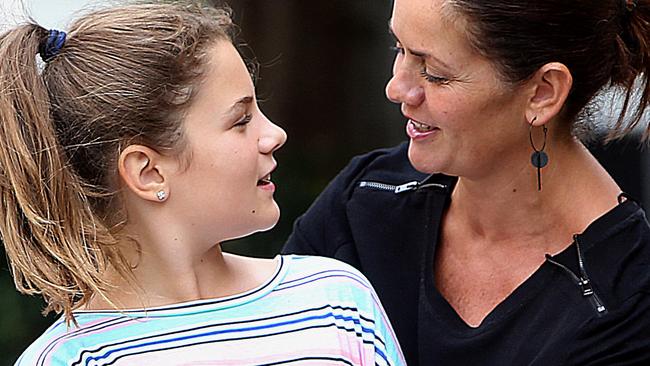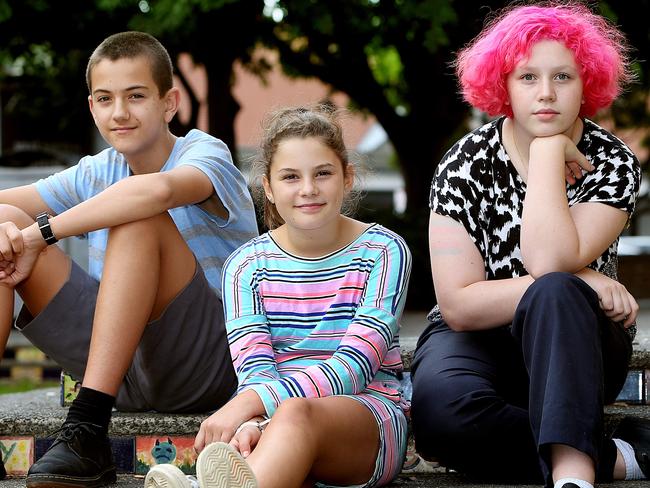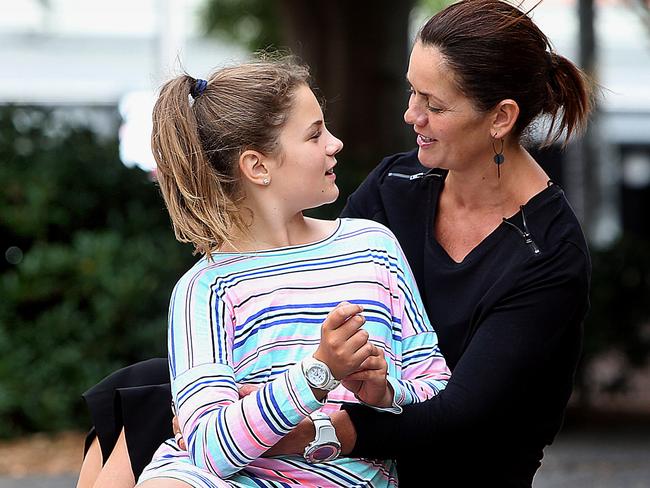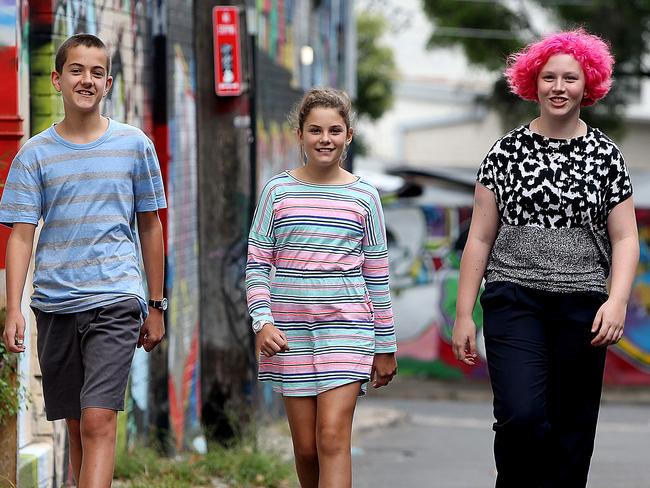Australian youth fear they are missing out on friendship, new study finds
MANY kids fear they are missing out on personal interactions, surprising research has found. And young people also rank concerns about violence over drugs, smoking and alcohol.

NSW
Don't miss out on the headlines from NSW. Followed categories will be added to My News.
TODAY’S kids may seem to always have their noses buried in some device yet most are terrified they spend too much time on technology rather than with their friends.
In fact, many children fear they are missing out on personal interactions, surprising research has found. And young people also rank concerns about violence over drugs, smoking and alcohol.
The state’s most extensive survey of 12-24-year-olds challenges many stereotypes.
The survey, by the NSW Advocate for Children and Young People, found most children want an education above all else and admire their parents and figures such as female education advocate Malala Yousafzai and Nelson Mandela.

Advocate Andrew Johnson said: “Young people are more interested in face-to-face interactions than we think. Too much technology can take away from this desire.
“What they’re saying is: ‘We want to be more engaged in the community, we want to meet more children face-to-face’.”

In stark contrast adults surveyed said drugs and alcohol and a lack of jobs were their greatest fears for their children.
Mr Johnson said the research also revealed young people today are “very community-minded and altruistic” with three out of five doing volunteer and community work.
“This is a generation concerned about others, community-minded but importantly (they) have empathy not only for their fellow children and young people but the community at large,” he said. “We call them Generation Compassion.”

The survey found the life skills children are most interested in learning are financial management, job-hunting and healthy and respectful relationships.
Macquarie University Centre for Emotional Health director Professor Jennie Hudson said despite technology saturation, face-to-face communication would always be vital and “children need to develop that”.
Tilda Hopper, 11, said she does worry about being anti-social by spending too much time on technology.
“When you just talk online ... you are anti-social. If I’ve been on Instagram for too long I think I need to be social,” she said.


